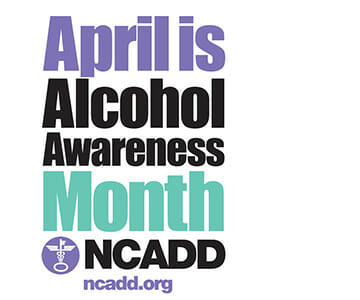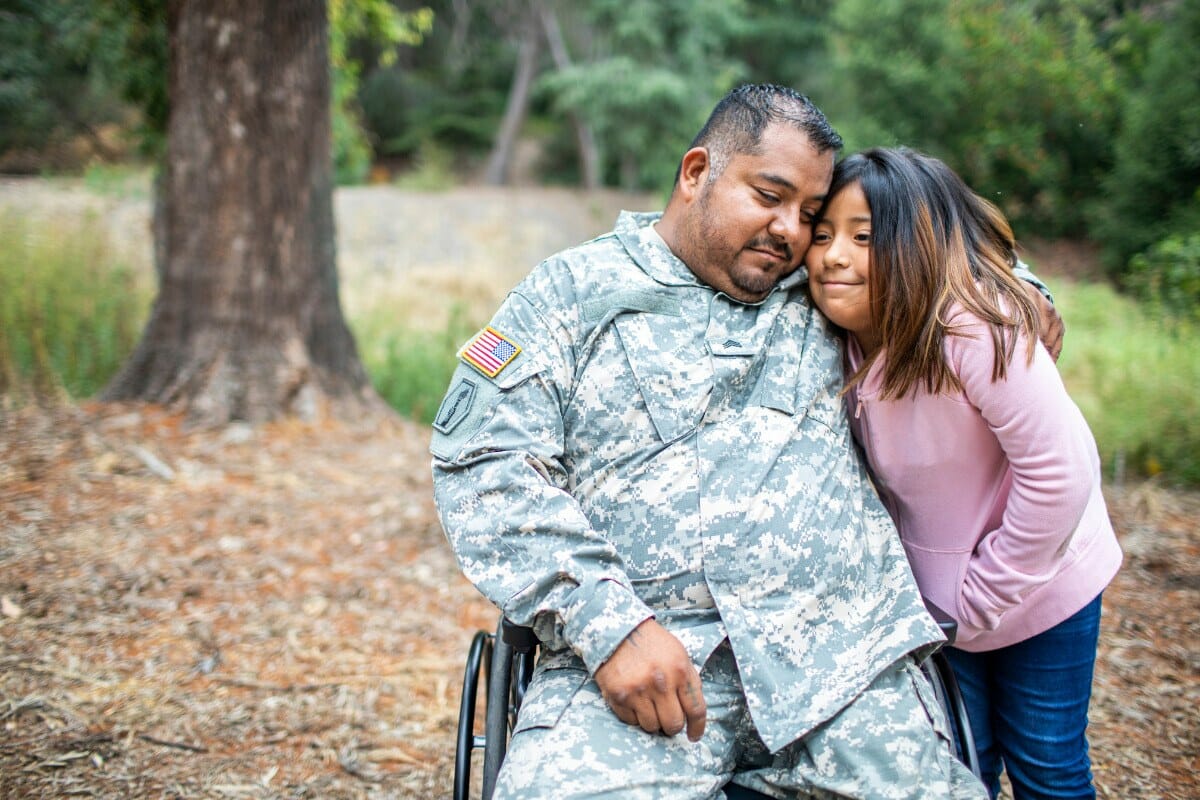
April’s Alcohol Awareness Month Provides Educational Opportunities to Help Parents Talk to Adolescents about the Impact of Alcohol Use and Offers Hope to Those Struggling
Each April, the National Council on Alcoholism and Drug Dependence sponsors Alcohol Awareness Month to increase public awareness and understanding, reduce stigma and encourage local communities to focus on alcoholism and alcohol-related issues.
In keeping with this year’s theme — “Connecting the Dots: Opportunities for Recovery” — David Lawrence Centers is focusing our efforts on educating the community on preventing alcoholism and binge drinking, particularly among our youth, and the important role parents can play in helping kids understand alcohol’s potential impact on their lives.
In addition to the tips offered in this article, David Lawrence Centers is featuring success stories on social media about clients who have overcome alcoholism with the #StoriesofHope. Our providers will serve on a panel with Drug Free Collier, Collier County Public Schools, Naples Community Hospital and law enforcement at the next Collier County Public Schools Virtual Town Hall on “Teen Substance Use: How to Keep Our Kids Safe,” to be held on April 25th at 6:00 pm. Learn more about the Town Hall event here. And Prevention Services is launching the Choose You campaign which encourages youth to pledge to remain substance free.
Teen Substance Abuse; What Parents Needs to Know
Alcohol and drug use by young people is extremely dangerous–both to themselves and to society–and is directly associated with traffic fatalities, violence, suicide, educational failure, alcohol overdose, unsafe sex and other problem behaviors, even for those who never develop a dependence or addiction.
Because adolescence is a time of heightened risk-taking, when alcohol and drugs enter the picture, parents are faced with the challenge of staying up to speed about alcohol and drug trends. They need to find ways to educate their kids about the risks.
Research shows that kids who have conversations with their parents and learn about the dangers of alcohol and drug use are 50 percent less likely to use these substances than those who don’t have such conversations.
The longer children delay drinking and drug use, the less likely they are to develop problems associated with it. That’s why it is so important to help your child connect the dots and make smart decisions about alcohol and drugs.
How to Start the Conversation:
Look for teachable moments: Take advantage of “teachable moments” when alcohol or drug issues come up, so you can have a frank conversation with your children. . It’s not about “the big talk;” it’s about being there for them when the issues come up on TV, at the movies, on the radio, in news events about celebrities or sports figures, or in chats about their friends.
Listen before you talk and encourage conversation: As parents, we want to have “all the answers.” And sometimes we are so anxious to share our wisdom or our opinion that we don’t take the time to listen. For kids, knowing that we are really listening is the most important thing we can do to help.
Talk to your child and ask open-ended questions: Talk to your child regularly – about their feelings, their friends, their activities – and listen to what they say. As much as you can — and sometimes it’s not easy — try to avoid questions that have a simple “yes” or “no” answer.
- Be involved: Be involved in your child’s everyday world. Get to know their friends and continue to educate your child about the importance of maintaining good health – psychological, emotional and physical.
- Set expectations, limits and consequences: Make it clear that you do not want your child drinking alcohol or using drugs, and that you trust them not to. Talk about possible consequences of drug and alcohol use, both legal and medical, and be clear about what you will do if the rules are broken.
- Be honest and open: Care about what your child is going through as they face and make decisions that will affect their lives now and in the future.
- Be positive: Many parents discover that talking about alcohol and drugs with their children has built bridges rather than walls between them, and have proudly watched those children learn to make healthy, mature decisions on their own.
- Discuss family history: Both research and personal experience clearly document that addiction to alcohol and other drugs is a chronic, progressive disease that can be linked to family history and genetics. If you have a family history of problems with alcohol or drugs, be matter-of-fact about it in your discussions with your teens, as you would any other chronic disease, such as heart disease, diabetes or cancer.
- Give them good reasons not to drink: In talking with your child about reasons to avoid alcohol, stay away from scare tactics. Most young teens are aware that many people drink without having problems, so it is important to discuss the consequences of alcohol use without overstating the case.
- Help them develop strategies to handle peer pressure: It’s not enough to tell your young teen that he or she should avoid alcohol. You also need to help your child figure out how to do this. What can your daughter say when she goes to a party and a friend offers her a beer? What should your son do if he finds himself in a home where kids are passing around a bottle of wine and parents are nowhere in sight?
Remember, you don’t need to cover everything at once. In fact, you’re likely to have a greater impact on your child’s decisions about drinking by having a number of talks about alcohol use throughout his or her adolescence. Think of this talk with your child as the first part of an ongoing conversation. And remember that in order to avoid the dreaded “eye roll,” make it a conversation, not a lecture.
Apr 06, 2017 | Substance Use



